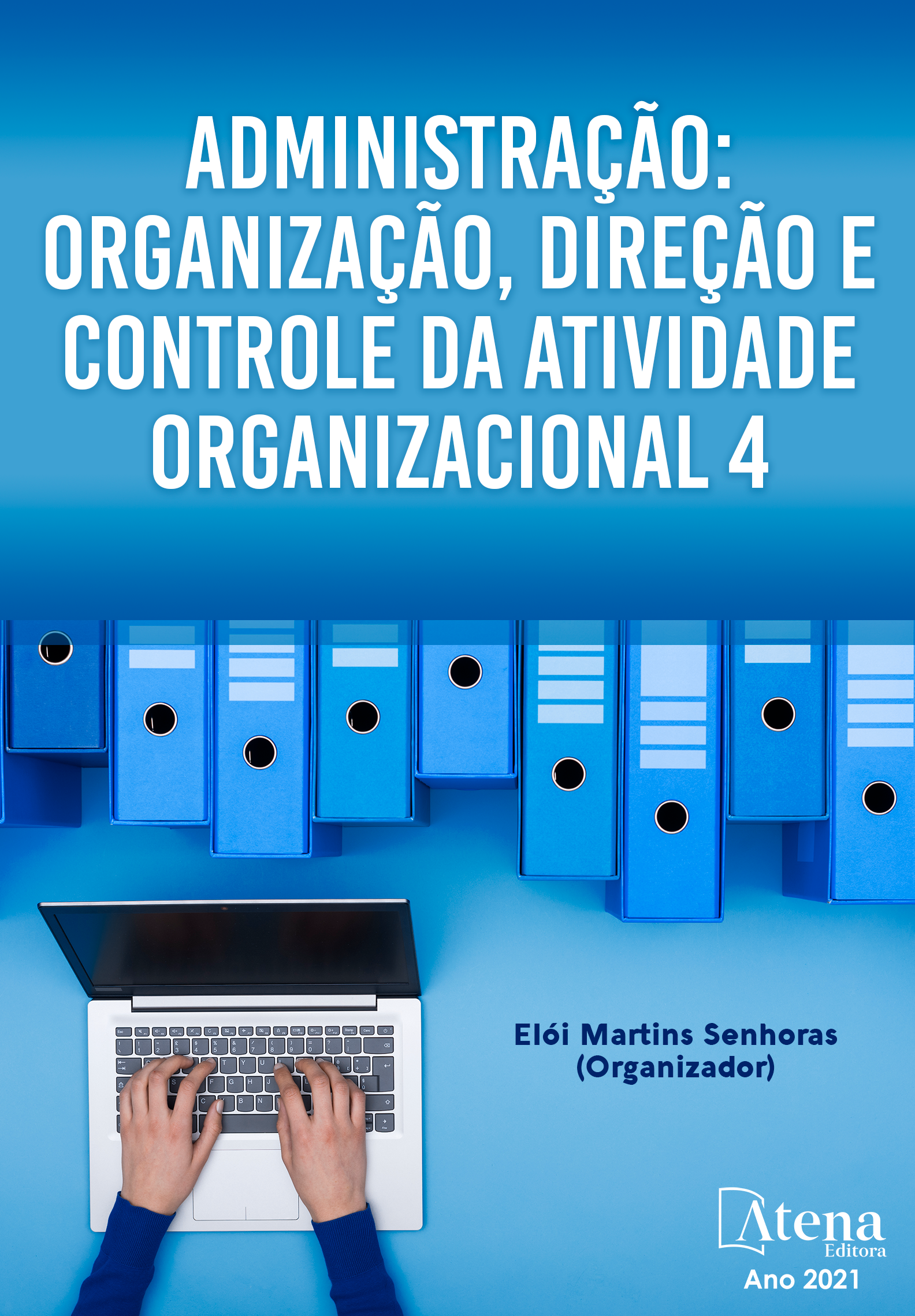
CONSENSUALISMO COMO NOVO MODELO DE CONTROLE ADMINISTRATIVO: BENEFÍCIOS E DESAFIOS DA UTILIZAÇÃO DOS INSTRUMENTOS CONSENSUAIS
Este trabalho pretende contextualizar e apontar brevemente fundamentos da Administração Pública Consensual, especificamente quanto ao controle consensual da Administração Pública, colocando em destaque algumas de suas formas de expressão e de seus instrumentos de ação. A utilização dos instrumentos consensuais pode envolver a sua interação com os administrados, sendo organizações de finalidade lucrativa (setor privado) ou desprovidas de finalidade lucrativa (organizações da sociedade civil) ou contemplar exclusivamente a participação de órgãos e entidades públicas com os respectivos órgãos de controle, sendo este último foco do presente estudo. O trabalho, a partir da legislação pertinente e da doutrina, contextualiza a Administração Pública Consensual buscando trazer elementos para romper os antigos dogmas do Direito Administrativo que poderiam obstar a consensualidade, tais como como a indisponibilidade do interesse público e a não transacionalidade. O trabalho igualmente tem como objetivo analisar o emprego, no âmbito do Estado de Minas Gerais, dos instrumentos de controle consensual, quais sejam, o Termo de Ajustamento de Conduta pelo Ministério Público e o Termo de Ajustamento de Gestão pelo Tribunal de Contas, tendo como foco o apontamento dos benefícios e desafios na utilização dos respectivos instrumentos. A análise evidenciou que a adoação desses novos intrumentos apresenta benefícios para os orgãos de controle, para os administradores e para a sociedade, muito embora ainda apresente desafios para sua concretização.
CONSENSUALISMO COMO NOVO MODELO DE CONTROLE ADMINISTRATIVO: BENEFÍCIOS E DESAFIOS DA UTILIZAÇÃO DOS INSTRUMENTOS CONSENSUAIS
-
DOI: https://doi.org/10.22533/at.ed.3092109072
-
Palavras-chave: Administração Pública Consensual. Controle. Instrumentos Consensuais. Benefícios. Desafios.
-
Keywords: Consensual Public Administration. Control. Consensual Instruments. Benefits. Challenges
-
Abstract:
This work intends to contextualize and briefly point out the fundamentals of Consensual Public Administration, specifically regarding the consensual control of Public Administration, highlighting some of its forms of expression and its instruments of action. The use of consensual instruments may involve their interaction with the administrators, being for-profit organizations (private sector) or non-profit organizations (civil society organizations) or exclusively contemplating the participation of public bodies and entities with the respective control bodies, the latter being the focus of the present study. The work, based on the relevant legislation and doctrine, contextualizes the Consensual Public Administration seeking to bring elements to break the old tenets of Administrative Law that could impede consensuality, such as the unavailability of the public interest and non-transactionality. The work also aims to analyze the use, within the State of Minas Gerais, of consensual control instruments, namely, the Conduct Adjustment Term by the Public Prosecutor's Office and the Management Adjustment Term by the Court of Auditors, with the aim of focus on pointing out the benefits and challenges in the use of the respective instruments. The analysis showed that the adoption of these new instruments presents benefits for the control bodies, for the administrators and for the society, although it still presents challenges for their implementation.
-
Número de páginas: 59
- Mariane de Oliveira Braga Santos


